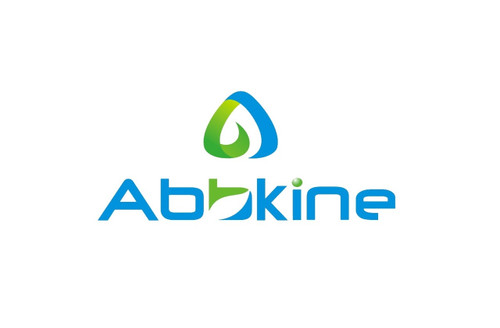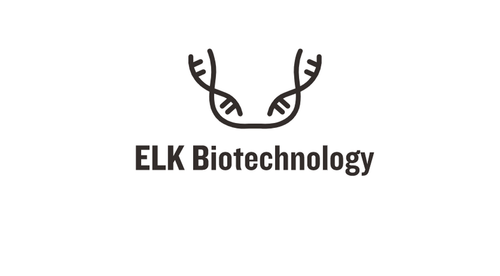Product Description
Human Neuropeptide Y (NPY) ELISA Kit | AE63126HU | Abebio
Species Reactivity: Human (Homo sapiens)
Abbreviation: NPY
Alternative Name: PYY4; OTTHUMP00000201946|OTTHUMP00000201947
Application: ELISA
Range: 24.69-2000 pg/mL
Sensitivity: 9.18 pg/mL
Intra-Assay: ≤5.4%
Inter-Assay: ≤9.2%
Recovery: 0, 92
Sample Type: Serum, Plasma, Other biological fluids
Detection Method: Sandwich
Analysis Method : Quantitive
Test Principale: This assay employs a two-site sandwich ELISA to quantitate NPY in samples. An antibody specific for NPY has been pre-coated onto a microplate. Standards and samples are pipetted into the wells and anyNPY present is bound by the immobilized antibody. After removing any unbound substances, a biotin-conjugated antibody specific for NPY is added to the wells. After washing, Streptavidin conjugated Horseradish Peroxidase (HRP) is added to the wells. Following a wash to remove any unbound avidin-enzyme reagent, a substrate solution is added to the wells and color develops in proportion to the amount of NPY bound in the initial step. The color development is stopped and the intensity of the color is measured.
Product Overview: Neuropeptide Y (NPY) is a 36 amino acid peptide neurotransmitter found in the brain and autonomic nervous system.NPY is a neuropeptide that is widely expressed in the central nervous system and influences many physiological processes, including cortical excitability, stress response, food intake, circadian rhythms, and cardiovascular function. The neuropeptide functions through G protein-coupled receptors to inhibit adenylyl cyclase, activate mitogen-activated protein kinase (MAPK), regulate intracellular calcium levels, and activate potassium channels. A polymorphism in this gene resulting in a change of leucine 7 to proline in the signal peptide is associated with elevated cholesterol levels, higher alcohol consumption, and may be a risk factor for various metabolic and cardiovascular diseases.
Stability: The stability of ELISA kit is determined by the loss rate of activity. The loss rate of this kit is less than 5% within the expiration date under appropriate storage condition. The loss rate was determined by accelerated thermal degradation test. Keep the kit at 37°C for 4 and 7 days, and compare O.D.values of the kit kept at 37°C with that of at recommended temperature. (referring from China Biological Products Standard, which was calculated by the Arrhenius equation. For ELISA kit, 4 days storage at 37°C can be considered as 6 months at 2 - 8°C, which means 7 days at 37°C equaling 12 months at 2 - 8°C) .
 Euro
Euro
 USD
USD
 British Pound
British Pound
 NULL
NULL








